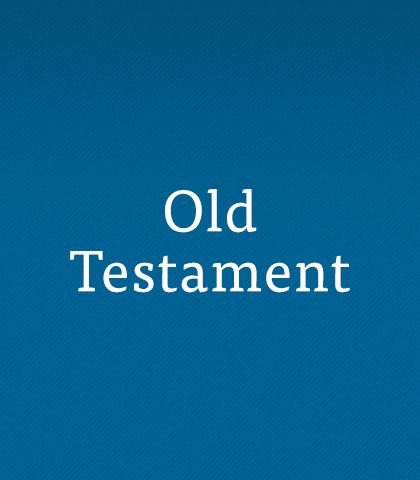A Song of Reassurance
While our impersonal world makes us wonder if we really matter, Psalm 139 tells us that we do matter—we matter to God. The Lord watches over us intently, He probes the deepest recesses of our hearts, and His love always reaches us no matter how far we stray. As we prepare to learn this last song in our study, let’s quiet our minds and silence the messages from the world that tell us we don’t matter.


